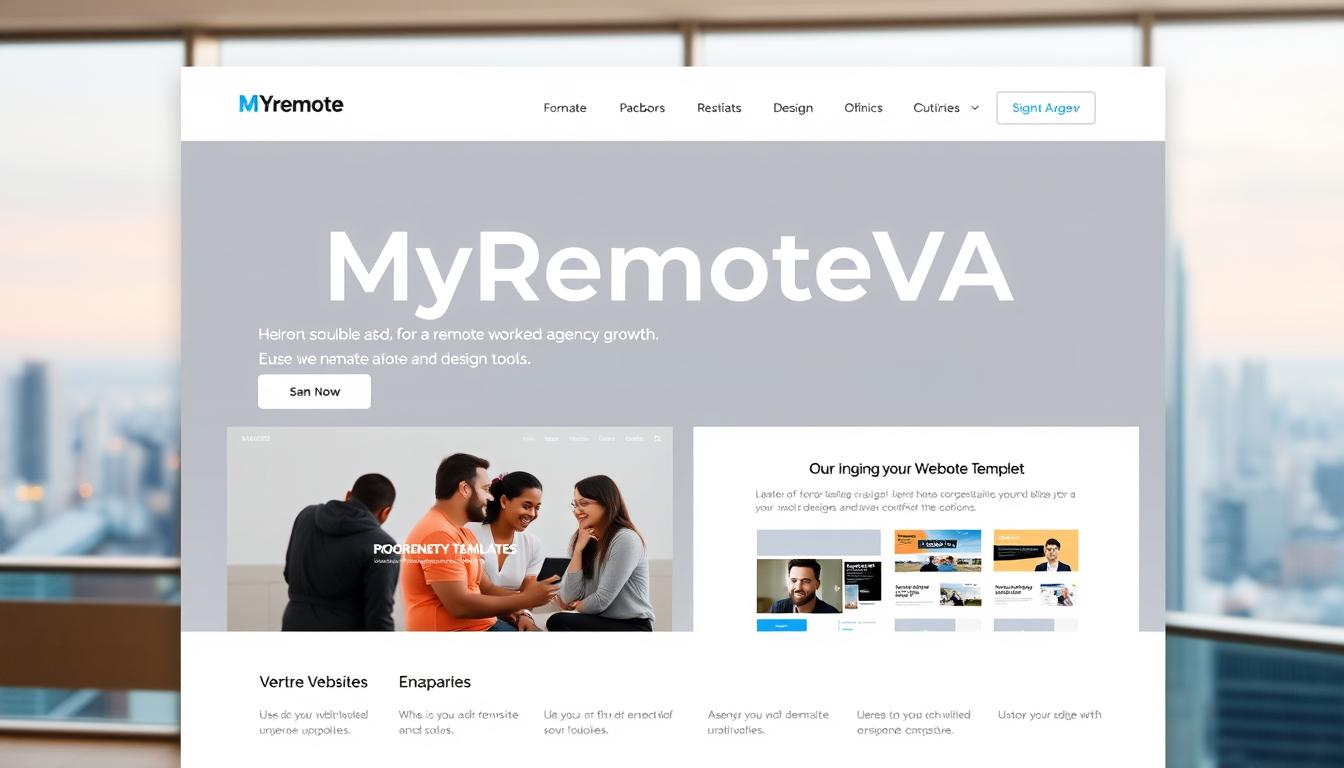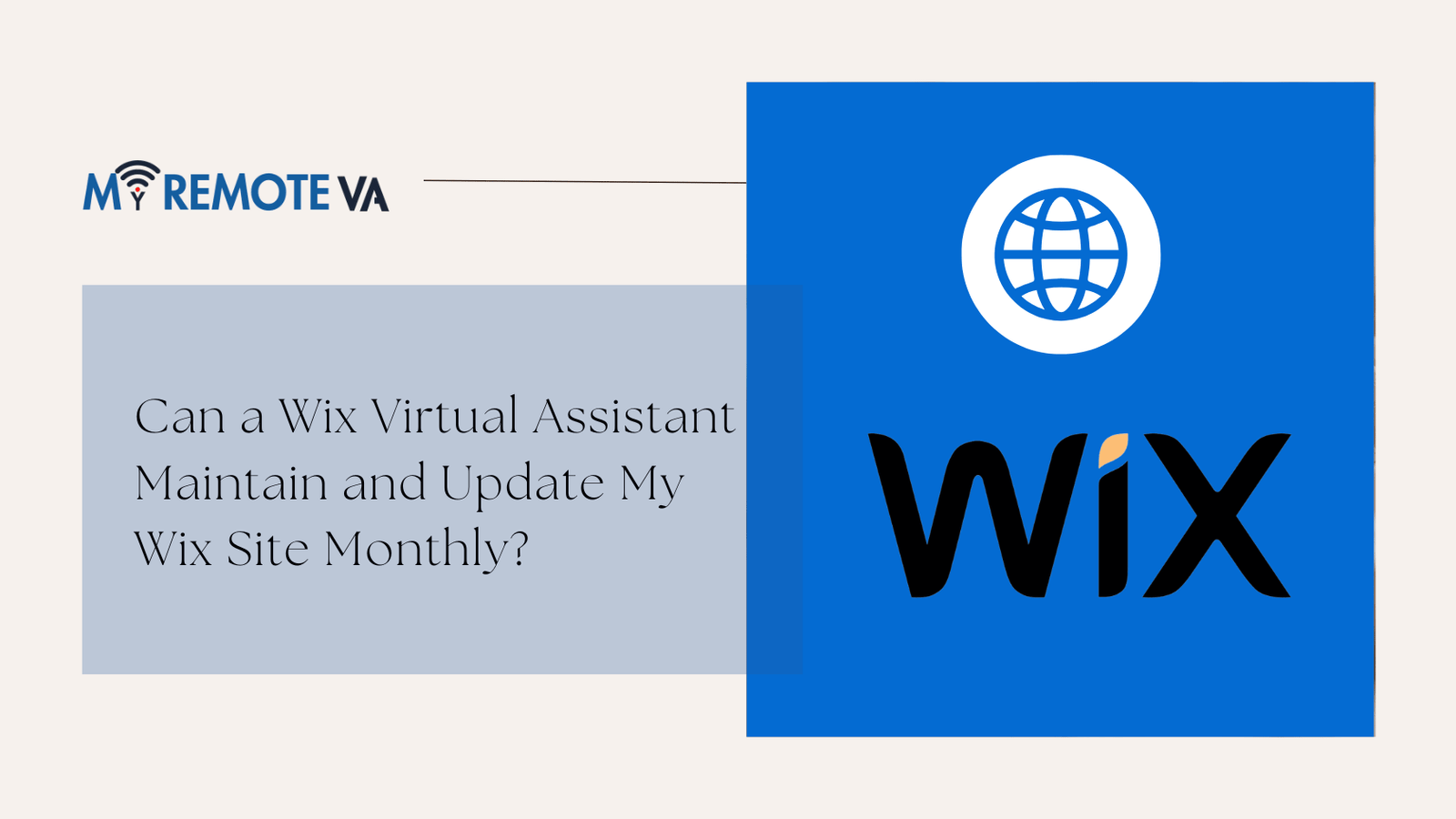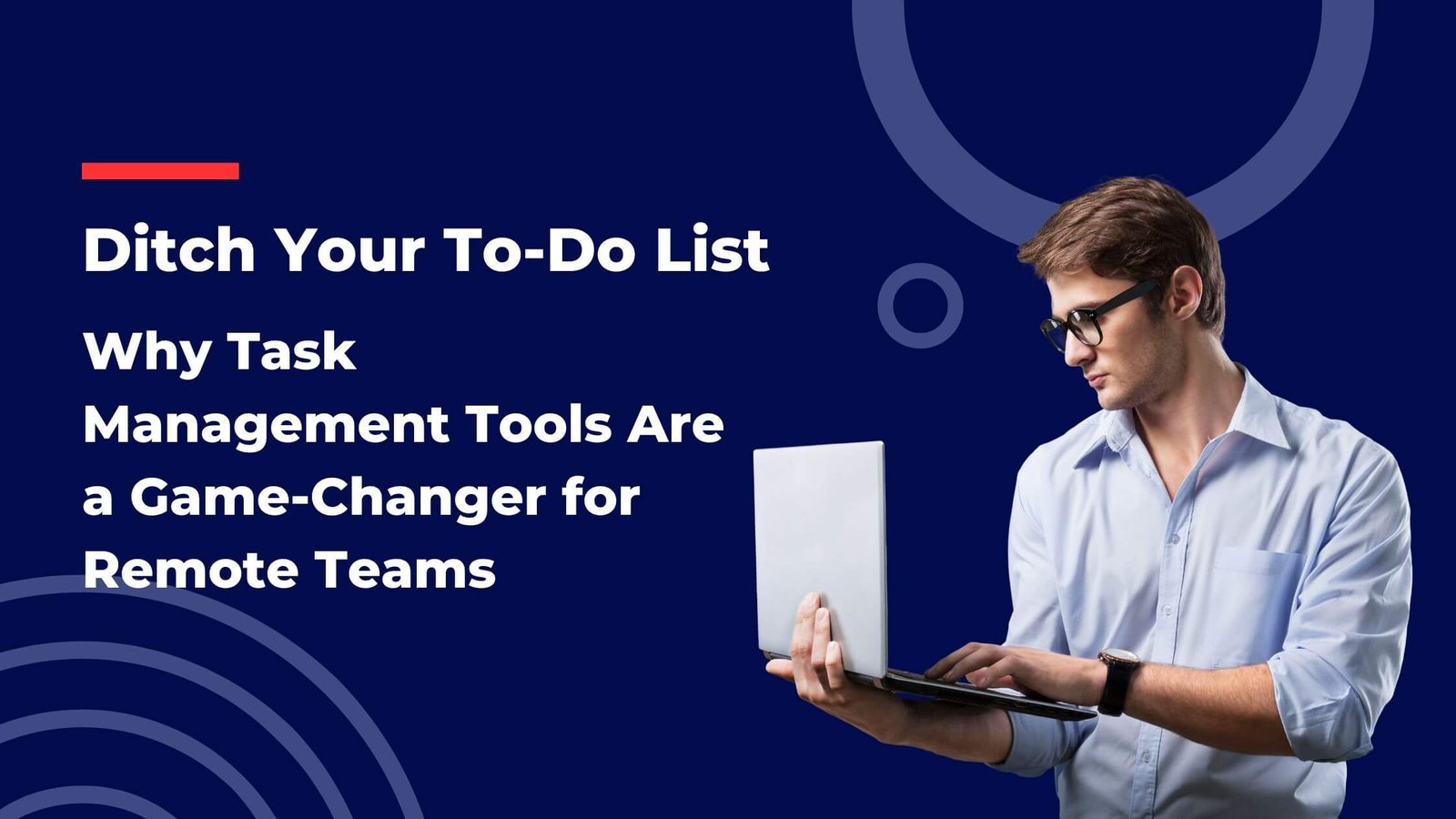How to Find a Real Estate Virtual Assistant Experienced in Transactions & CRM Management
Finding a virtual assistant (VA) with specific experience in real estate transactions and CRM management requires a strategic approach. You need someone who understands the intricacies of property sales, leases, and the importance of efficient client relationship management.
- How to Find a Real Estate Virtual Assistant Experienced in Transactions & CRM Management
- Understanding the Need: Why a Specialized VA?
- Step-by-Step Guide to Finding the Right VA
- Market Signals & Trends (USA, UK, New Zealand, Singapore, Australia, UAE - Last Month)
- Cost Considerations for Real Estate VAs
- Frequently Asked Questions (FAQ)
1. Define Your Specific Needs
Before you start your search, clearly outline the tasks you need your VA to handle. For example:
- Transaction coordination (document preparation, escrow management, closing assistance)
- CRM management (data entry, lead nurturing, email marketing, reporting)
- Property research and listing management
- Client communication and scheduling
A clear understanding of your needs will help you target your search effectively.
2. Leverage Online Platforms and Job Boards
Numerous online platforms specialize in connecting businesses with virtual assistants. When posting your job, be specific about your requirements regarding real estate transaction experience and CRM proficiency.
3. Screen Candidates Thoroughly
Look beyond just resumes and conduct thorough interviews. Ask behavioral questions to assess their problem-solving skills, attention to detail, and ability to work independently. For example:
- “Describe a time you handled a complex real estate transaction. What challenges did you face, and how did you overcome them?”
- “What CRM systems are you familiar with? Describe your experience using them to manage client relationships and track sales progress.”
4. Assess CRM Proficiency
Test their knowledge of relevant CRM systems such as Salesforce, HubSpot, or specialized real estate CRMs. Consider a practical test where they demonstrate their ability to perform specific tasks within the CRM platform.
5. Consider Experience with Specific Transaction Types
Depending on your business focus, look for experience in specific transaction types such as residential sales, commercial leases, or property management.
6. Prioritize Strong Communication Skills
Excellent written and verbal communication skills are essential for effective client interaction and transaction coordination. Ensure your VA can clearly and professionally communicate with clients, agents, and other stakeholders.
7. Flexible Support Options
Explore different virtual assistant service models that align with your needs. Some services offer curated hourly plans providing flexibility and task support, while others offer dedicated plans for more extensive support . You may also want to consider service providers that offer team-based plans.
By following these steps, you can increase your chances of finding a real estate virtual assistant with the experience and skills needed to streamline your transactions and effectively manage your client relationships.
Understanding the Need: Why a Specialized VA?
In the fast-paced world of real estate, efficiency is paramount. Successfully navigating transactions and managing client relationships requires meticulous attention to detail and well-organized systems. A general virtual assistant can certainly handle basic tasks, but a virtual assistant (VA) specifically experienced in real estate transactions and CRM management offers a distinct advantage. They bring specialized knowledge and skills that directly translate to improved productivity and a smoother workflow.
Transaction Management Expertise
Real estate transactions are complex, involving numerous documents, deadlines, and parties. A specialized VA understands the intricacies of the process. They can assist with tasks like:
- Preparing and managing transaction paperwork.
- Coordinating with escrow companies, lenders, and inspectors.
- Tracking important dates and deadlines to ensure timely completion.
- Maintaining accurate records of all transaction-related communications.
CRM Mastery for Enhanced Client Relationships
A Customer Relationship Management (CRM) system is essential for nurturing leads, managing client interactions, and building lasting relationships. A real estate VA proficient in CRM platforms can:
- Input and update client information accurately and efficiently.
- Segment your contact lists for targeted marketing campaigns.
- Automate follow-up communication and reminders.
- Generate reports to track key metrics and identify areas for improvement.
By leveraging a VA with expertise in both transaction management and CRM, you can streamline your operations, free up your time to focus on core business activities, and ultimately, close more deals.
Step-by-Step Guide to Finding the Right VA
Finding a virtual assistant (VA) experienced in real estate transactions and CRM management requires a structured approach. Here’s a step-by-step guide to help you navigate the process and find the perfect VA for your needs.
1. Define Your Needs and Responsibilities
Before you start your search, clearly define the tasks you want the VA to handle. For real estate transactions, this might include managing paperwork, coordinating showings, assisting with closings, and ensuring compliance. For CRM management, consider tasks like data entry, lead nurturing, email marketing, and report generation. Be as specific as possible to ensure you find a VA with the right skillset.
2. Determine Necessary Skills and Experience
Based on your defined responsibilities, list the essential skills and experience you require. This should include:
- Real Estate Transaction Knowledge: Understanding of the real estate process, including contracts, disclosures, and closing procedures.
- CRM Proficiency: Experience with popular CRM platforms used in real estate (e.g., Salesforce, HubSpot, Follow Up Boss). Ability to manage contacts, automate tasks, and generate reports.
- Communication Skills: Excellent written and verbal communication for interacting with clients, agents, and other stakeholders.
- Organizational Skills: Strong organizational abilities to manage multiple tasks and prioritize effectively.
- Attention to Detail: Accuracy and attention to detail to ensure compliance and avoid errors.
3. Explore Different Hiring Options
You have several options for finding a VA:
- Freelance Platforms: Websites like Upwork can connect you with individual freelancers. Review profiles, portfolios, and client feedback carefully.
- VA Agencies: Agencies like offer curated Hourly Monthly Plans or Dedicated Plans. These agencies handle the recruitment and training process, often providing a Dedicated Supervisor to manage the VA’s work. They offer options such as curated Hourly Monthly Plans (e.g., 5, 10, 20, 30 hours) or build a team with Dedicated Plans (e.g., 80 hours, 160 hours).
- Referrals: Ask your network for recommendations. A referral can be a reliable way to find a qualified VA.
4. Screen Potential Candidates Thoroughly
Once you have a pool of candidates, conduct thorough screening:
- Review Resumes and Portfolios: Look for relevant experience in real estate transactions and CRM management.
- Conduct Interviews: Ask specific questions to assess their knowledge, skills, and communication abilities. Present scenarios to evaluate their problem-solving skills.
- Check References: Contact previous clients to verify their work ethic and performance.
- Skills Assessments: Consider using online tools to assess their CRM proficiency or knowledge of real estate terminology.
5. Trial Period and Ongoing Management
Before committing to a long-term agreement, consider a trial period to evaluate the VA’s performance. Clearly define expectations, provide feedback, and monitor their progress. Regular communication and feedback are crucial for a successful virtual assistant relationship. If working with agencies that provide managed services, lean on the Dedicated Supervisor to handle performance management and reporting.
Market Signals & Trends (USA, UK, New Zealand, Singapore, Australia, UAE – Last Month)
Understanding recent market trends can help you prioritize your search for a virtual assistant skilled in real estate transactions and CRM management. Here’s a brief overview of market signals from key regions:
USA
The US real estate market continues to adapt to interest rate fluctuations. Demand for experienced VAs capable of managing transaction paperwork and utilizing CRM systems for lead nurturing remains high, particularly in states with active housing markets. The ability to quickly process data and stay organized is a critical skill for VAs supporting agents and brokers in this environment.
UK
Similar to the US, the UK market is seeing cautious activity. Virtual assistants with CRM expertise are valuable for maintaining client relationships and streamlining administrative tasks in the face of economic uncertainty. Digital marketing skills are also beneficial for attracting potential buyers and sellers.
New Zealand
The New Zealand property market is undergoing adjustments. Real estate professionals are focusing on efficiency and cost-effectiveness. Virtual assistants play a crucial role in this shift by providing affordable administrative and transaction support, enabling agents to concentrate on core sales activities.
Singapore
Singapore’s real estate market remains competitive. VAs with experience in managing property listings, scheduling viewings, and handling client inquiries through CRM platforms are highly sought after. Multilingual capabilities are also an asset in this diverse market.
Australia
Australia’s real estate sector presents a mixed bag of opportunities and challenges. Virtual assistants with a solid understanding of Australian property laws and regulations, along with strong organizational skills, are essential for managing transactions effectively. CRM proficiency is key for managing leads and client communications.
UAE
The UAE real estate market, particularly in Dubai and Abu Dhabi, is experiencing growth. Demand for VAs who can assist with property management, client onboarding, and marketing efforts is increasing. Experience with international clients and proficiency in multiple languages are highly advantageous.
Across these regions, the ability of a virtual assistant to improve efficiency and manage administrative burden is a consistent need. A virtual assistant experienced in real estate transactions and CRM management can provide support through flexible hourly or team-based plans, allowing you to delegate tasks such as admin support, tech support, customer service, marketing assistance, or executive-level work. You can opt for curated Hourly Monthly Plans (e.g., 5, 10, 20, or 30 hours) or dedicated plans of 80 or 160 hours, or even multi-VA setups to suit your specific requirements.
Cost Considerations for Real Estate VAs
Understanding the cost of a real estate virtual assistant is crucial for budgeting and determining the ROI of your investment. The cost can vary significantly depending on several factors, including the VA’s experience level, geographic location, the complexity of the tasks required (especially experience in real estate transactions and CRM management), and the pricing model offered by the provider.
Factors Influencing VA Costs
- Experience Level: More experienced VAs, particularly those specializing in real estate transactions and CRM management, will generally command higher rates. This is due to their proven ability to handle complex tasks and minimize errors.
- Location: VAs located in different countries or regions may have varying hourly rates based on the local cost of living and economic conditions.
- Task Complexity: Simpler administrative tasks will typically be priced lower than specialized tasks like managing complex real estate transactions, lead generation, or in-depth CRM customization and data analysis.
- Pricing Model: Virtual assistant services often offer different pricing models:
- Hourly Plans: You pay for the actual hours your VA works. This can be flexible, especially if you need support on a per-project basis. Examples include curated hourly plans of (5, 10, 20, 30 hours) monthly.
- Dedicated Plans: These offer a set number of hours per month, often with a dedicated VA working specifically for you. This option is beneficial if you need consistent, ongoing support. Examples include 80 hour or 160 hour dedicated monthly plans.
Budgeting for a Real Estate VA
Before hiring a real estate VA, assess your needs and determine a realistic budget. Consider the potential ROI of a VA, such as increased productivity, time savings, and improved efficiency in managing real estate transactions and CRM systems. Remember to factor in any potential onboarding or training costs associated with your chosen VA.
Frequently Asked Questions (FAQ)
What qualifications should I look for in a Real Estate Virtual Assistant?
When searching for a virtual assistant experienced in real estate transactions and CRM management, prioritize candidates with:
- Proven experience in real estate: Look for VAs who understand the nuances of real estate transactions, including document processing, compliance requirements, and communication protocols.
- CRM Proficiency: Expertise in popular CRM platforms (e.g., Salesforce, Follow Up Boss, HubSpot) is crucial for managing leads, tracking client interactions, and automating marketing efforts.
- Excellent communication skills: Clear and professional communication is essential for interacting with clients, agents, and other stakeholders.
- Organizational skills: Real estate transactions involve numerous details and deadlines, so strong organizational skills are a must.
- Attention to detail: Accuracy is paramount when handling sensitive documents and financial information.
What tasks can a Real Estate Virtual Assistant handle?
A skilled Real Estate Virtual Assistant can assist with a wide range of tasks, including:
- Transaction coordination: Managing paperwork, coordinating inspections, and ensuring smooth closings.
- CRM management: Inputting and updating client information, tracking leads, and managing email campaigns.
- Marketing support: Creating marketing materials, managing social media, and scheduling property showings.
- Administrative tasks: Scheduling appointments, managing calendars, and handling phone calls.
- Research and data entry: Gathering property information, compiling market reports, and updating databases.
How can I ensure my Real Estate Virtual Assistant is effective?
To maximize the effectiveness of your VA, consider the following:
- Provide clear instructions and expectations: Clearly define tasks, deadlines, and preferred communication methods.
- Offer training and support: Ensure your VA has the necessary training on your systems and processes.
- Establish regular communication: Schedule regular check-ins to discuss progress, address any challenges, and provide feedback.
- Use project management tools: Tools like Asana or Trello can help track progress and ensure tasks are completed on time.
What are the different pricing models for Real Estate Virtual Assistant services?
Pricing models for Real Estate Virtual Assistant services can vary. Some providers offer flexible hourly plans, while others offer dedicated monthly plans for a fixed number of hours. For example, some companies offer curated hourly monthly plans for a set number of hours. This may include plans with 5, 10, 20, or 30 hours of assistance. Team-based dedicated plans may offer 80 or 160 hours or even multi-VA setups. Some may also offer a free trial or introductory plan, which gives you one free hour every month with task support and rollover benefits.
What if I need a virtual assistant for tasks beyond real estate transactions and CRM management?
Many virtual assistant services offer a broader range of expertise, including admin support, tech assistance, customer support, marketing, creative tasks, and executive assistance. This allows you to delegate a wider variety of tasks and streamline your business operations. Consider if your needs will change to account for future needs such as expert virtual assistant support for startups, founders, agencies, and busy professionals














